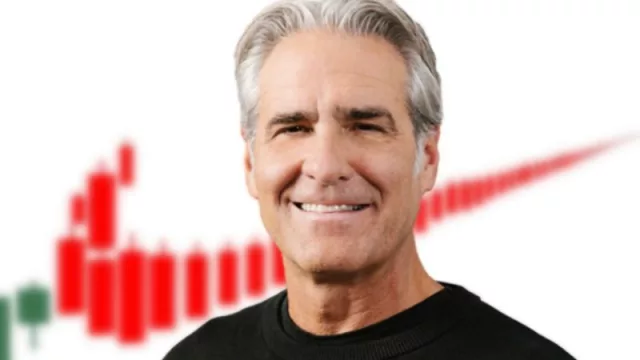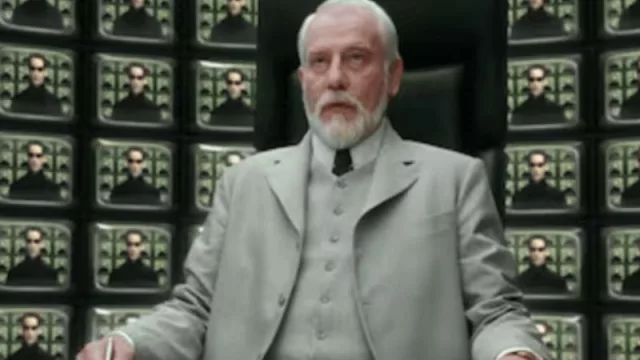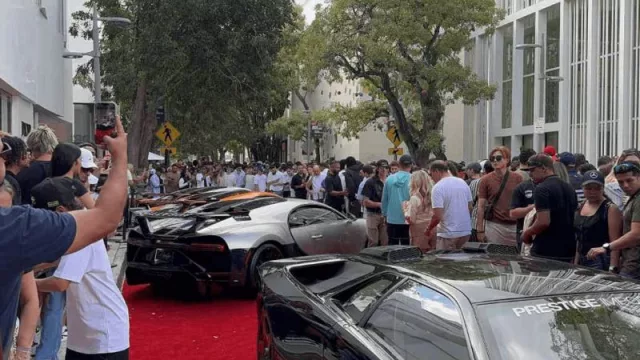In this article, we will explore Nike's current crisis, the challenges facing Elliott Hill, and the strategies necessary to regain market leadership. Here are some key points and critical insights to consider, particularly regarding why there are so many changes in CEOs worldwide. Paradoxically, those with broad, humanistic, holistic backgrounds and soft skills in addition to technical expertise are returning to top positions.
-
The pressure from the media and online narratives often misrepresents the challenges Nike faces. The primary issue is not merely that Nike is struggling due to its retro approach or that it will be saved by targeting teenagers. That is a bias. The real problem is that Nike must undertake all necessary actions, which requires a more generous work culture, commitment, investment, and effort.
-
In summary, the challenge for Nike, and indeed for much of the market, is the utopia that by focusing solely on online strategies for a specific age group or taste, there will be abundant sustainable results in all respects. This is simply not the case.
Why, if Nike made a significant investment in online sales, initiated major e-commerce initiatives, and launched diversity campaigns, did sales decline?
Current Challenges Facing Nike:
-
Current Crisis: A 2% drop in sales and a 25% reduction in stock value.
-
Direct Strategy: The emphasis on direct-to-consumer sales has alienated retail partners.
-
Hill's Challenges: Regain market share, restore relationships with retailers, and revitalize innovation.
What Nike Needs:
-
Diversify Sales Channels (Online and Offline): The importance of maintaining robust relationships with retailers.
-
Foster Innovation: Do not rest on laurels; innovation is key.
-
Connect with the Youth and All Age Groups: The sneaker culture must be a priority, but all demographics are important today.
-
Invest in Active Sponsorships: Real events and cross-experiences.
-
Collaborate with Other Brands: Co-create.
-
Provide Real Value to Customers: Engage in thematic experiences and culture. Nike needs to be present with the people.
-
Move Beyond Predominantly Online: Enhance in-store experiences, create a network of store types, partner with various sports, and expand product categories.
The Crisis of Nike: A Deep Analysis
Nike is facing a crisis manifesting on multiple fronts. Notably, the recent 2% drop in sales, coupled with a 25% decline in stock value, has raised alarms. This decline has intensified since the peaks of 2021, indicating that the brand is dealing with profound structural challenges.
The pandemic, which initially boosted online sales, created an illusion of success. Although Nike reported record revenues of $50 billion in 2023, net profit growth has been declining. This suggests that while the direct-to-consumer strategy was effective initially, it has led to a disconnect with key retail partners, resulting in a diminished market presence.
Elliott Hill: The Prodigal Son Returns
Elliott Hill's arrival is not merely a change of face at the helm; it symbolizes a return to Nike's roots. With over three decades of experience within the company, Hill has witnessed the brand's evolution from the inside. His mission is clear: to restore trust and leadership for Nike in an increasingly competitive market. Hill faces several urgent challenges. First, he must regain market share in critical categories like running, where competitors have gained ground. Additionally, restoring relationships with retailers will be essential to bolster Nike's presence in physical commerce. Finally, revitalizing product innovation is crucial to reconnect with a younger, more dynamic consumer base.
If you have had a mega Marketing or Sales manager in your company, one of those so-called "super broad" individuals, if you know these super entrepreneurs with multiple competencies, now is the time to call them back or have them lead your company and strategy. It is the time for these invaluable resources.
The Recovery Strategy: Innovation and Cultural Connection
For Hill, the key to success lies in balancing the direct sales strategy with a strong retail presence. Nike's crisis has shown that relying exclusively on one channel can be detrimental. It is vital to diversify sales channels, ensuring that the brand is not only online but also visible on store shelves.
Moreover, constant innovation is vital. Hill must cultivate an environment where design and creativity take precedence, while preserving the aspirational essence that has characterized Nike. This entails not only launching new products but also emotionally connecting with consumers through campaigns that resonate with youth culture.
Today, culture is about being, but truly being. It’s about being present in the city’s clubs, in the schools of children, in the sports of grandparents and grandchildren.
Culture is a way of being, not merely a means of communication.
Lessons Learned: Resilience and Adaptation
Nike’s crisis provides invaluable lessons for the industry. First, achieving a proper balance among sales channels is critical. Excessive reliance on a single channel can lead to isolation and a loss of relevance. Second, innovation should not be viewed as a luxury, but rather as a necessity. Leading brands must always remain a step ahead, anticipating trends and adapting to market demands. Finally, connecting with youth culture is essential. Nike must ensure it remains a touchstone in sneaker culture, resonating with the aspirations and values of younger consumers.
-
However, this is not so straightforward today. All ages matter, and each has its own tone. Attempting to globalize and homogenize everything is quite outdated. Youth today can be 50 or even 65 years old.
A New Real Value Strategy Model 2024 - 2027:
Expand, broaden, cross, create value—the new era of sowing for the future, to avoid succumbing to the machine of commodity production:
Nike today suffers, but it is also part of a competitiveness in a new paradigm and an amplified level of value creation and real experience. Today, there exists a reality that demands brands, regardless of their size or niche, to deliver much more in terms of culture, experience, and real value. Although this is quite uncomfortable, for “profitability,” it is the only way to survive against a machine in China that produces the same, more economically, with more alternatives, and perhaps even with enhanced features.












Tu opinión enriquece este artículo: